Humans news stories
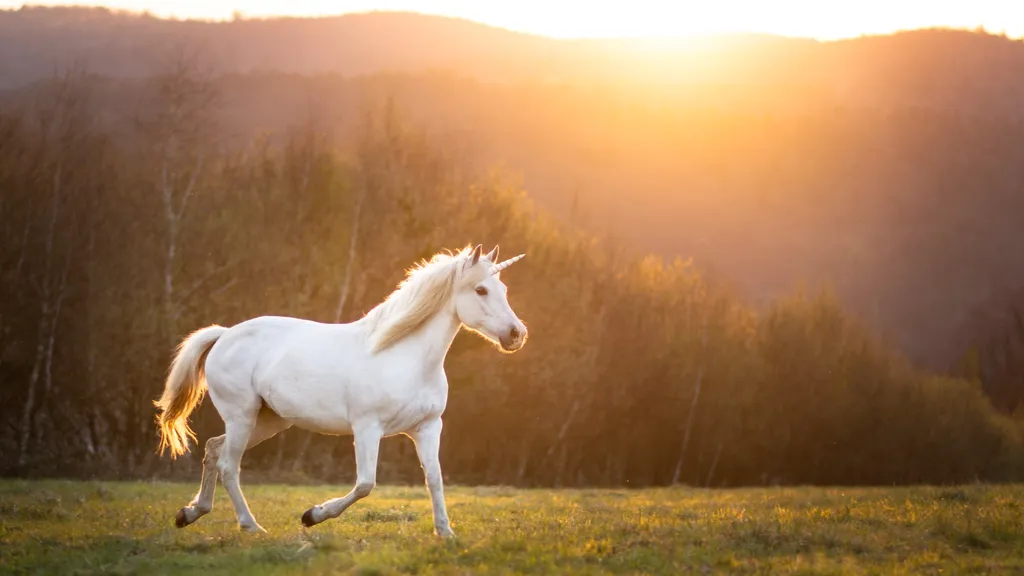
Unicorn-like imagery dates back to the Indus Valley Civilization (about 3300 B.C. to 1300 B.C.) in South Asia, which included parts of modern-day Afghanistan, Pakistan and India.
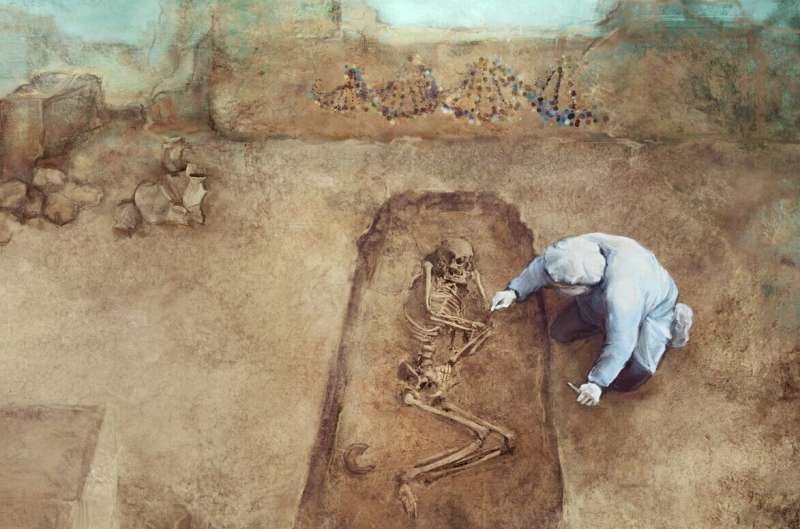
A combined study of genetics and skeletal remains show that the switch from primarily hunting, gathering and foraging to farming about 12,000 years ago in Europe may have had negative health effects as indicated by shorter than expected heights in the earliest farmers, according to an international team of researchers.
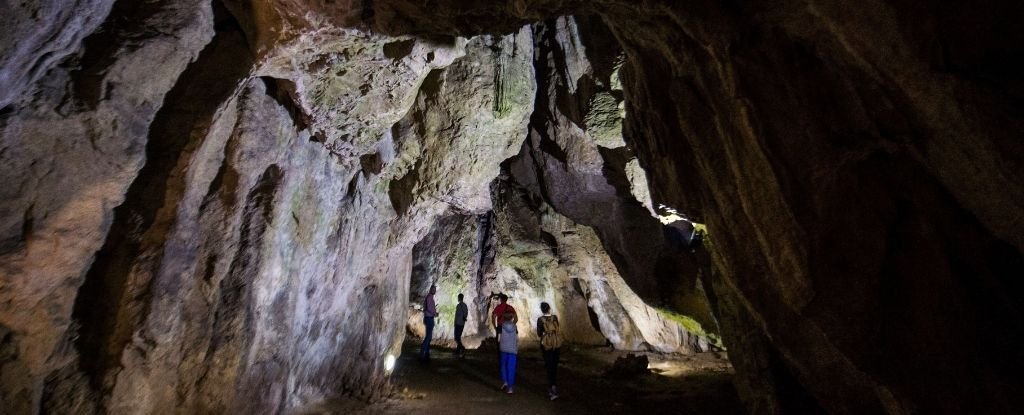
Last year, a genetic analysis of bone fragments representing our earliest known presence in Europe raised a few questions over the steps modern humans took to conquer every corner of the modern world.

New measurement of fundamental particle of physics after decade-long study challenges theoretical rulebook in scientific ‘mystery’.

A tsunami 3800 years ago devastated the coastline of Chile and encouraged hunter-gatherers to move inland, where they stayed for the next 1000 years.
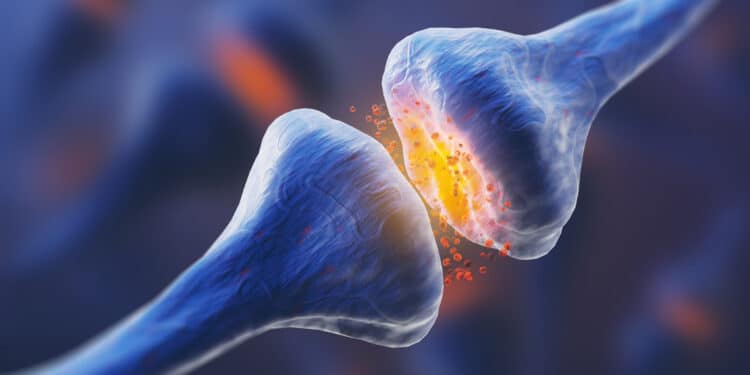
The psychedelic substance psilocybin causes transient changes to the sleep-wake architecture of laboratory mice, according to new preliminary research published in Translational Psychiatry. The findings provide new details about how the drug impacts sleep-related brain activity.
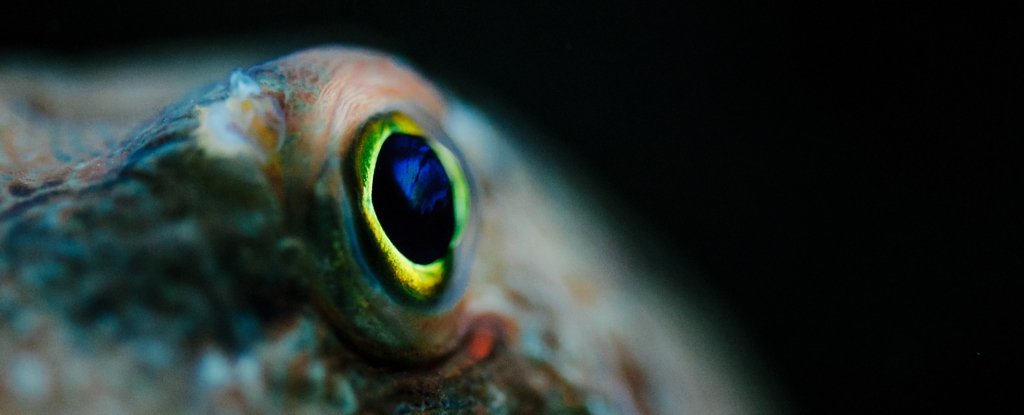
The discovery of octopus communities came as a surprise to biologists who have long described octopuses as solitary animals that interact with others in three specific contexts: hunting, avoiding being hunted, and mating.
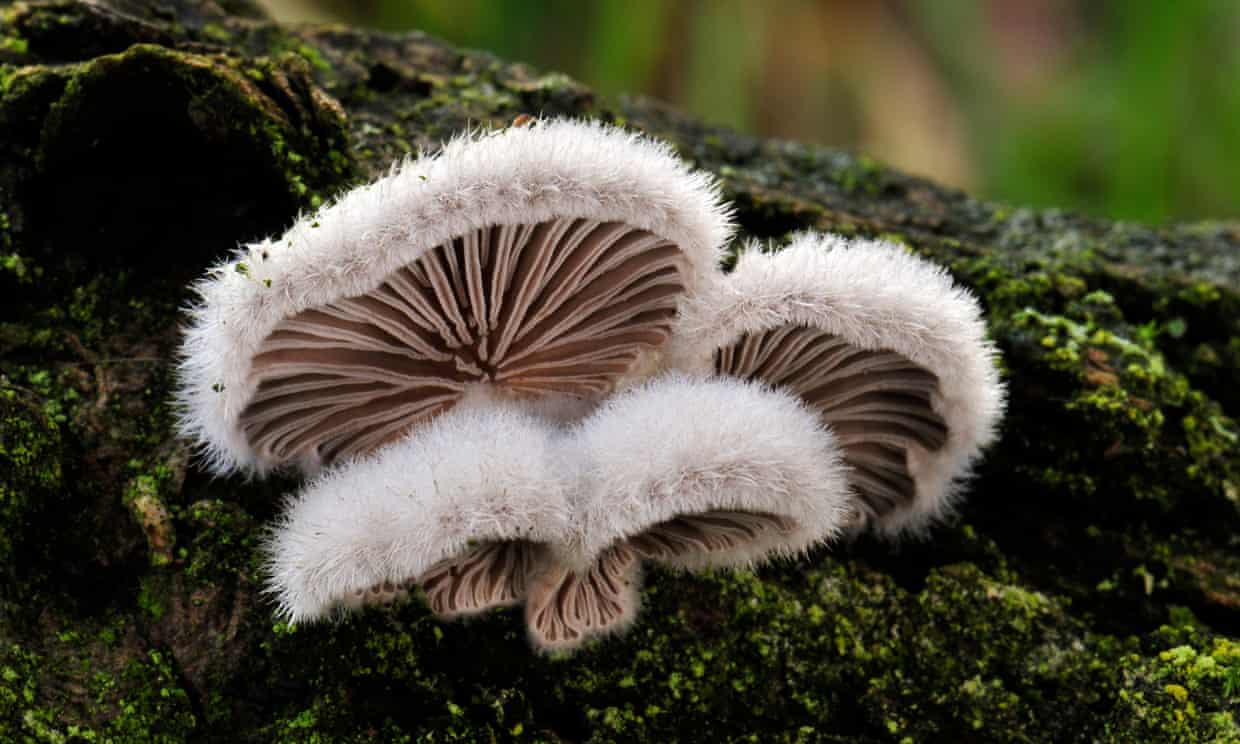
Buried in forest litter or sprouting from trees, fungi might give the impression of being silent and relatively self-contained organisms, but a new study suggests they may be champignon communicators
A stunning array of new fungi has been described for the first time on the Polynesian Island.

The findings, published March 28 in Frontiers in Psychology, reveal that higher ratings of mystical-type experiences, which often include a sense that everything is alive, were associated with greater increases in the attribution of consciousness.
Image from: Air article (Wiki Commons)
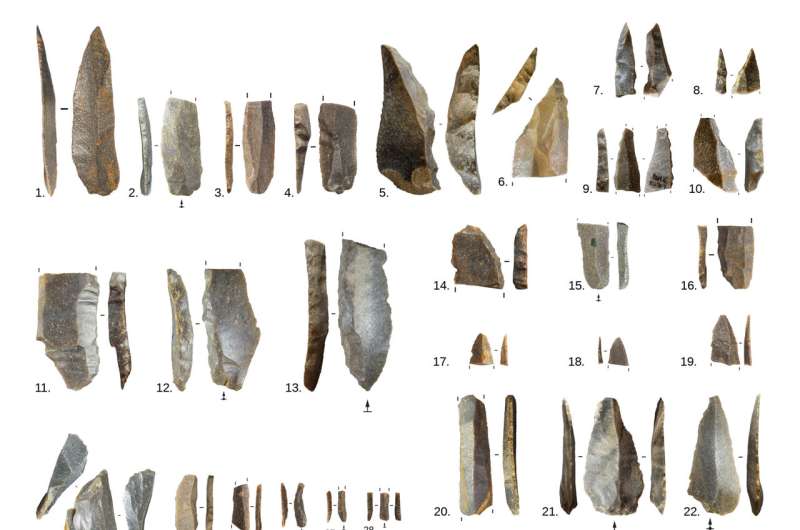
Neandertal populations in the Iberian Peninsula were experiencing local extinction and replacement even before Homo sapiens arrived, according to a study published March 30, 2022 in the open-access journal PLOS ONE by Joseba Rios-Garaizar of the Archaeological Museum of Bilbao, Spain and colleagues.
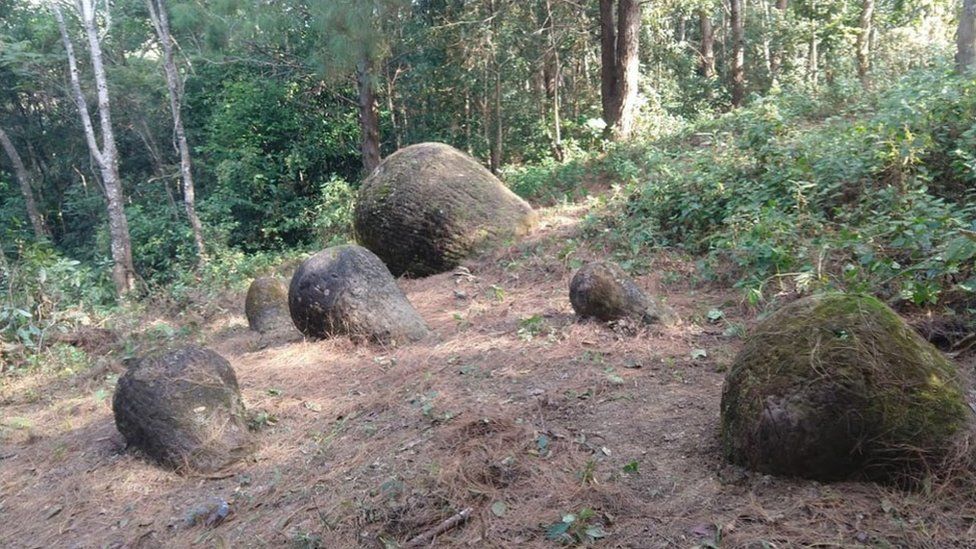
Researchers have uncovered giant “mysterious” jars in India that may have been used for ancient human burial practices.

In a new study, researchers examined a relatively new way to alter minds, which makes use of digital sounds to feed conflicting frequencies into each ear. By tuning in to these ‘binaural beats‘, some people report they can drop out, reduce pain, enhance memory, and ease anxiety and depression.
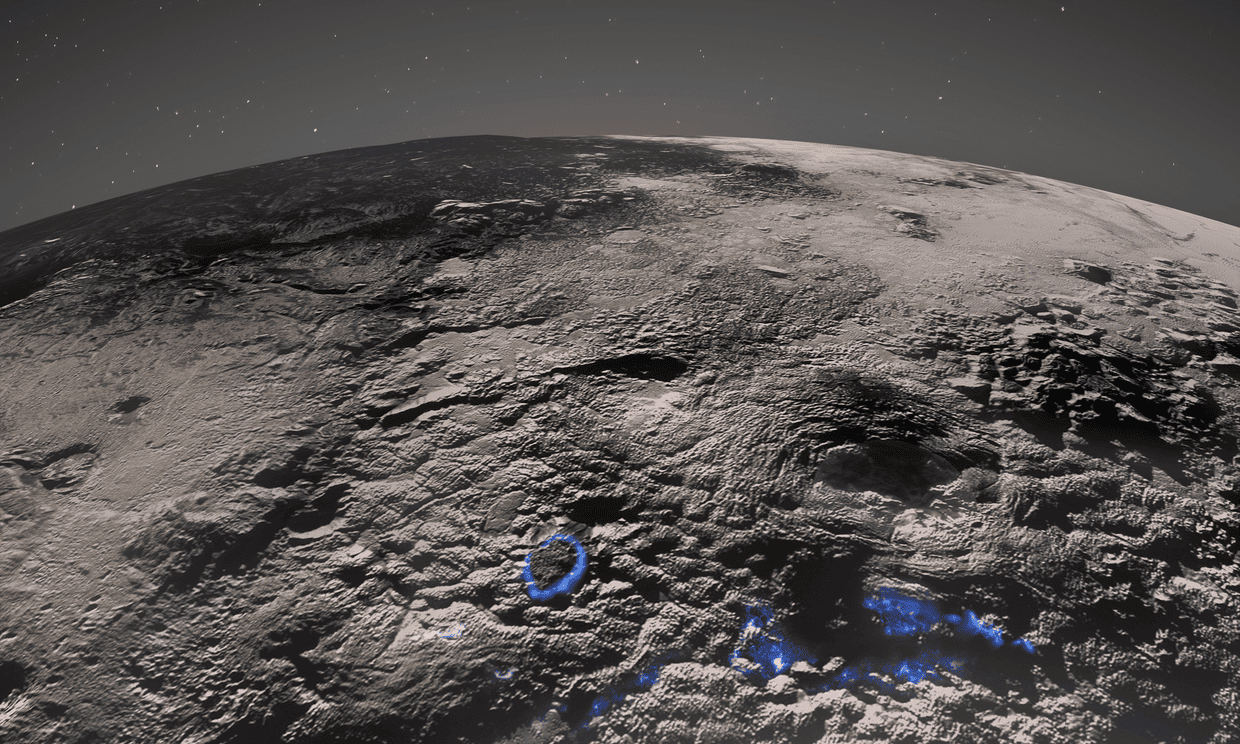
Existence of volcanoes makes idea that dwarf planet is inert ball of ice look increasingly improbable.

The ancient tomb holds the remains of five people, including those of a woman and toddler who were buried with an array of grave goods, such as a crescent moon-shaped pendant, bronze mirror and gold earrings.
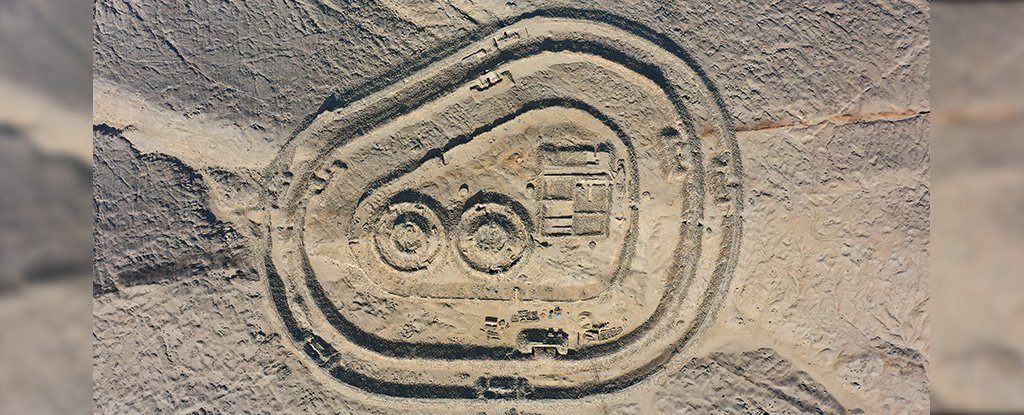
Long before the Incas rose to power in Peru and began to celebrate their sun god, a little known civilization was building the earliest known astronomical observatory in the Americas.








